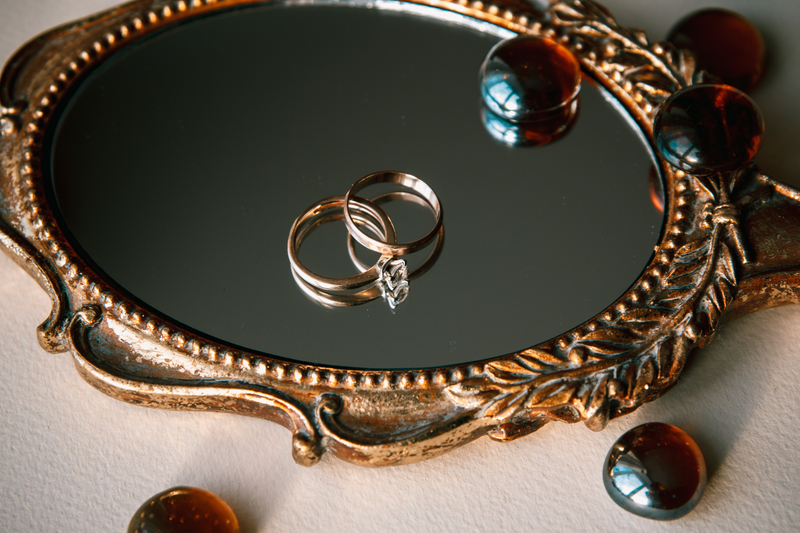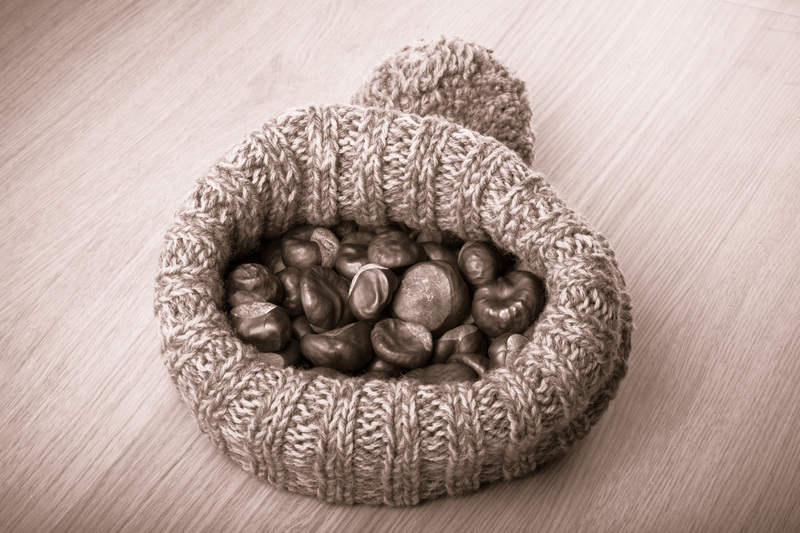Eco-Friendly Alternatives for Plant Pot Disposal
Plastic plant pots have long been an essential part of gardening, landscaping, and commercial plant sales. However, their widespread use has raised significant environmental concerns due to their contribution to plastic pollution and landfill waste. As gardeners and homeowners become increasingly eco-conscious, finding green alternatives for disposing of plant pots has become a top priority. In this comprehensive guide, we'll explore various eco-friendly alternatives for plant pot disposal to help you reduce your carbon footprint and promote sustainability.
Why Is Proper Plant Pot Disposal Important?
Many plant pots are made from non-biodegradable plastics such as polypropylene and polystyrene. When disposed of improperly, these materials can persist in the environment for hundreds of years, leaching harmful chemicals and contributing to the global plastic crisis. Proper and sustainable disposal of plant pots not only keeps your own space tidy but also conserves resources and protects our ecosystems.

Understanding the Environmental Impact of Plant Pots
Single-use plastic pots are convenient, cheap, and lightweight, making them a popular choice for nurseries and retailers. Unfortunately, only a small percentage is recycled, with most ending up in landfills. According to environmental studies:
- Plastic pollution from pots exacerbates the global waste issue.
- Decomposition of plastics releases greenhouse gases and toxins.
- Wildlife and soil health are threatened by microplastics from degrading pots.
Given these dangers, it's crucial to consider greener disposal methods and explore options for reusing, recycling, or finding pot materials that are gentler on the planet.
Eco-Conscious Plant Pot Disposal: What Are Your Options?
1. Reuse and Repurpose Plant Pots
The simplest and most practical eco-friendly plant pot disposal choice is to reuse and repurpose old containers. Before discarding, ask yourself if the pot can serve another purpose around the house or garden:
- Start new seedlings: Use small pots to propagate cuttings or start seeds for future planting.
- Organize your tools: Old pots make excellent holders for garden tools, markers, and labels.
- Craft projects: Decorate pots for indoor use or turn them into creative planters for gifts.
- Educational activities: Use them in school projects or donate to community gardening programs.
Reusing is the most eco-friendly method because it extends the life of each item and eliminates the need for new resources.
2. Recycle Your Plastic Plant Pots Responsibly
If you cannot reuse your pots, recycling is the next best thing. However, not all recycling centers accept plastic plant pots due to contamination from soil, labels, or mixed plastic types. To ensure your pots are recycled:
- Clean thoroughly: Remove all soil, labels, and stickers before recycling.
- Check local programs: Many garden centers and nurseries offer dedicated plant pot recycling bins.
- Follow codes: Look for the recycling code (often #2 or #5) stamped on the bottom to see if your local facility accepts that type of plastic.
Participating retailers--like Home Depot or local nurseries--sometimes sponsor take-back programs to collect and recycle used gardening pots.
3. Donate Old Plant Pots to Community Groups
Another sustainable plant pot disposal option is donation. Non-profits, schools, gardening clubs, and urban farming initiatives are often eager to accept gently used pots for their projects. Check with:
- Community gardens
- Local schools or youth clubs with horticulture programs
- Civic beautification and urban planting initiatives
- Friends and neighbors who are plant lovers or hobbyists
By donating, you both declutter your space and give the pot a second life--a win-win for both you and the environment.
4. Switch to Biodegradable and Compostable Plant Pots
To avoid disposal headaches in the future, consider gradually replacing traditional plastics with eco-friendly plant pots such as:
- Coconut coir pots: Made from natural coconut fibers. Fully biodegradable, they break down harmlessly in the soil.
- Peat pots: Made from compressed peat, they're compostable and allow roots to penetrate easily, making transplanting simple.
- Paper pots: Produced from recycled paper pulp, these are great for seed starting and can be directly planted in the ground.
- Bamboo fiber pots: Durable yet biodegradable, bamboo pots decompose after 2-3 years in the garden or compost heap.
- Other plant-based plastics: Pots made from cornstarch or other bio-resins offer a sustainable alternative to petroleum-based products.
When you use biodegradable pots, you minimize plastic waste and make future plant pot disposal much simpler, as these materials can be composted or safely left in the soil.
5. Creative Upcycling Ideas for Old Plant Pots
If you're feeling creative, upcycling can be a fun and gratifying way to deal with unwanted garden pots. Consider these ideas:
- Garden art: Stack and paint pots to create whimsical outdoor sculptures, totems, or fairy houses.
- DIY storage: Use pots as chic containers for kitchen herbs, office supplies, or small household items.
- Bird feeders: Turn upside-down pots into rustic bird baths or feeders for your garden.
- Lighting fixtures: Create lanterns or lampshades for a unique, rustic touch indoors or outdoors.
Upcycling not only saves pots from the landfill but also sparks creativity and crafts a more personalized living space.
The Pros and Cons of Different Disposal Methods
When considering eco-friendly alternatives for disposing of plant pots, it's important to weigh the benefits and drawbacks of each method:
| Disposal Method | Pros | Cons |
|---|---|---|
| Reusing/Repurposing |
|
|
| Recycling |
|
|
| Donating |
|
|
| Biodegradable Pots |
|
|
| Upcycling |
|
|
Tips for Reducing Plant Pot Waste in the Future
Aside from proper disposal, making smarter choices from the start can drastically reduce your need to throw out old pots. Here's how:
- Buy less plastic: Choose plants sold in eco pots or bring your own reusable containers to the nursery.
- Opt for bulk buying: Purchase plants with bare roots or in bulk trays which use less packaging.
- Support retailers with take-back programs: Shop at nurseries that offer recycling or return services for pots.
- Grow from seed: Use homegrown seedlings in repurposed or biodegradable pots.
- Share or swap pots: Connect with local gardeners for pot exchanges.
These habits promote a zero waste gardening philosophy and help foster a more sustainable local horticulture industry.

Frequently Asked Questions About Green Plant Pot Disposal
Are all plant pots recyclable?
No, not all pots are made from recyclable materials. Some have mixed plastics or additives that are not accepted at most recycling centers. Always check for recycling codes and ask your local facility for guidelines.
Can I compost biodegradable pots at home?
Yes, most biodegradable pots made from peat, coconut coir, paper, or bamboo can be home-composted. Just break them into small pieces and add them to your compost pile to speed up decomposition.
What should I not do with old plant pots?
- Do not burn: Burning plastic releases harmful chemicals and pollutes the air.
- Do not dump: Never discard pots in natural habitats, parks, or curbside unless specifically permitted by your municipality or waste service.
Conclusion: The Path to Sustainable Gardening
Every decision we make in the garden impacts the environment. By choosing eco-friendly alternatives for plant pot disposal--from reusing and recycling to switching to biodegradable options--you're making a conscious effort to reduce waste, conserve resources, and nurture the planet for generations to come. Let's plant the seeds of sustainability--one pot at a time!
Quick Summary: Eco-Friendly Plant Pot Disposal Choices
- Reuse: Extend your pots' lives with creative and practical uses.
- Recycle: Clean and sort pots for proper recycling where available.
- Donate: Support local community gardens and schools.
- Switch to eco pots: Use biodegradable or compostable materials for future planting.
- Upcycle: Transform old pots into art or storage solutions.
Next time you're faced with a stack of old plant pots, remember: your sustainable choices can make a world of difference for our planet. Happy green gardening!